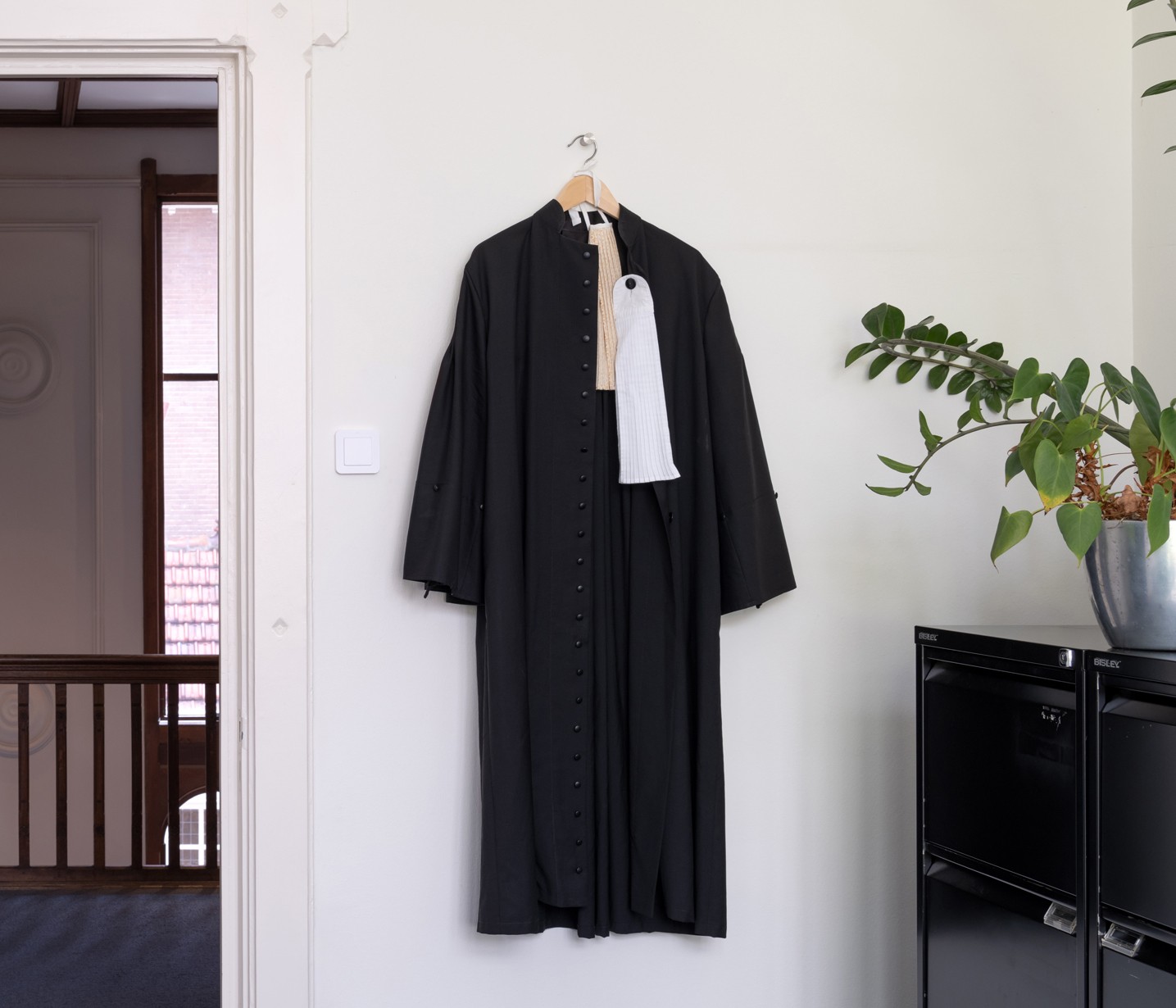Lawyers and alcohol? Not always a good combination
There are many rules governing alcohol in the Netherlands, from how old you must be to consume it to restrictions on how much you can consume before driving. There are also laws covering who can serve alcohol, where alcohol may be served and even when serving alcohol is permitted. But regulations don’t end there. Lawyers and other service professionals face extra requirements that don’t just cover how they represent their clients, but also how they should and should not behave on their own time.
As in some other countries, the Dutch legal system has a few protected and regular legal and quasi-legal professions. These include an advocaat (lawyer), notaris (notary), gerechtsdeurwaarder (bailiff) and the belastingadviseur (tax adviser).
Dutch Code of Conduct
Every lawyer in the Netherlands must adhere to the obligations included in the Dutch Code of Conduct for attorneys. In general, a lawyer should act in accordance with the core values of onafhankelijkheid (independence), integriteit (integrity), partijtigheid (partiality), verhouwelijkheid (confidentiality), and deskundigheid (expertise). These guidelines are found in Article 10A of the Advocatenwet (Lawyers Regulations).
Violations
If a lawyer does not act in accordance with these guidelines, they may have their legal licenses suspended or revoked. Attorneys must also abide by these guidelines in their private lives. There are several cases of lawyers who have faced disciplinary action because of their behaviour outside of the office, many related to consuming oo much alcohol. In 2015, a lawyer in Rotterdam had his license to practice law revoked after he burned down a vacation house in Italy while intoxicated. There are cases of lawyers whose licenses were suspended or revoked after driving while intoxicated and of getting into altercations in bars after drinking too much.
Fortunately, these cases are rare. Most lawyers behave well and operate with their best interest of their clients in mind. And if you’re concerned about your own behaviour causing problems at work or if an employee has behaved in a way that is causing an issue, please contact one of our specialised lawyers to assist you.


